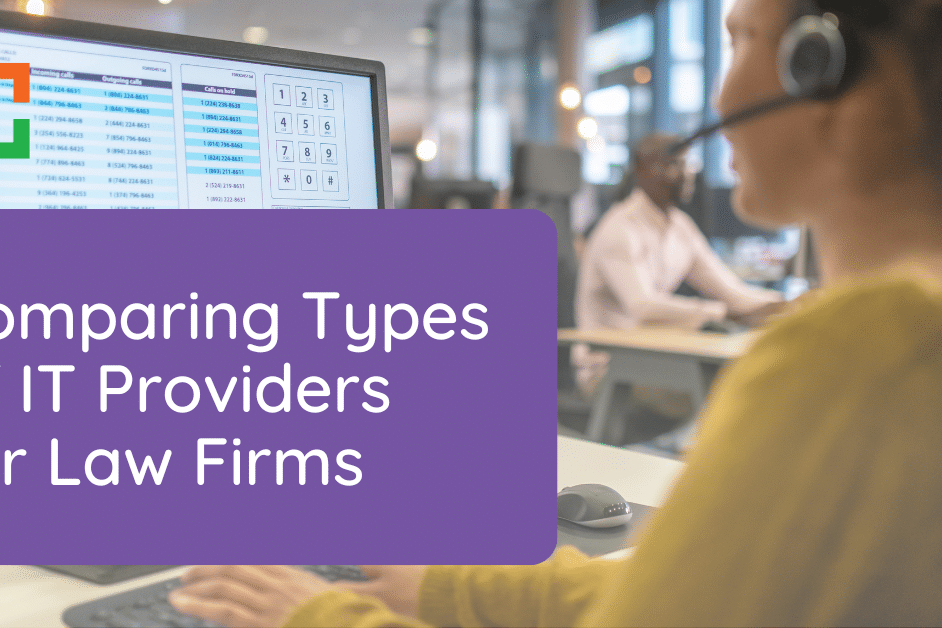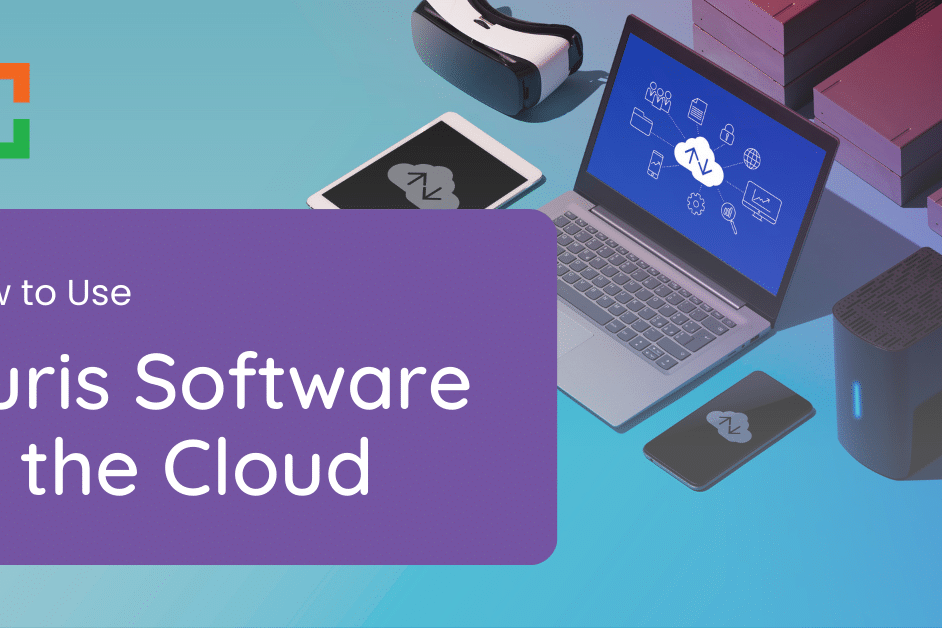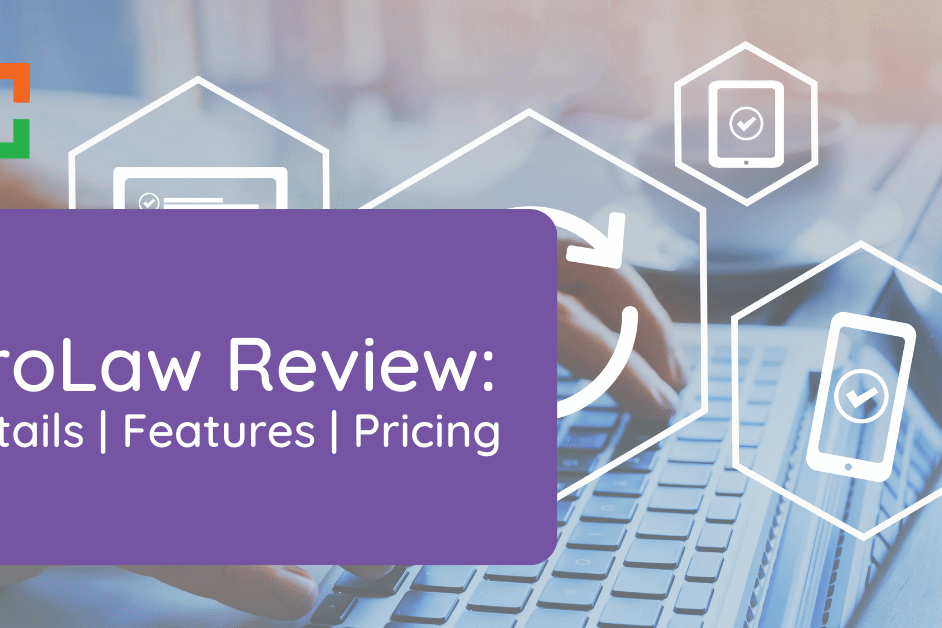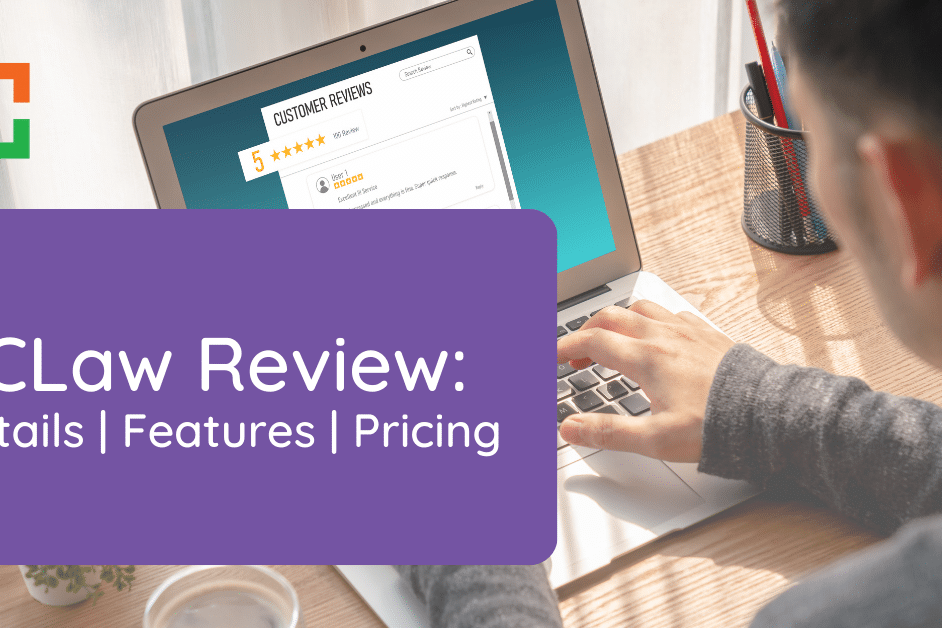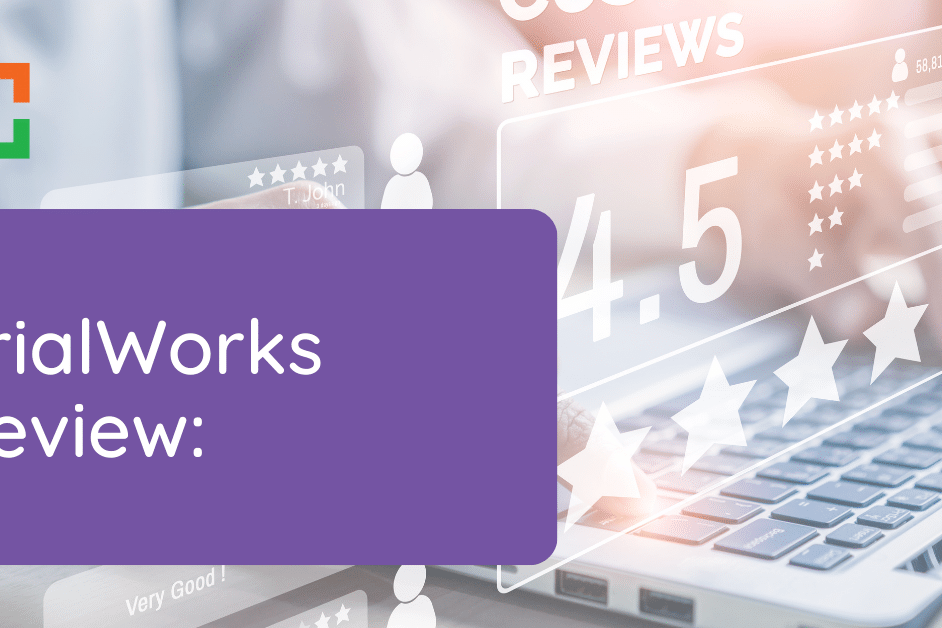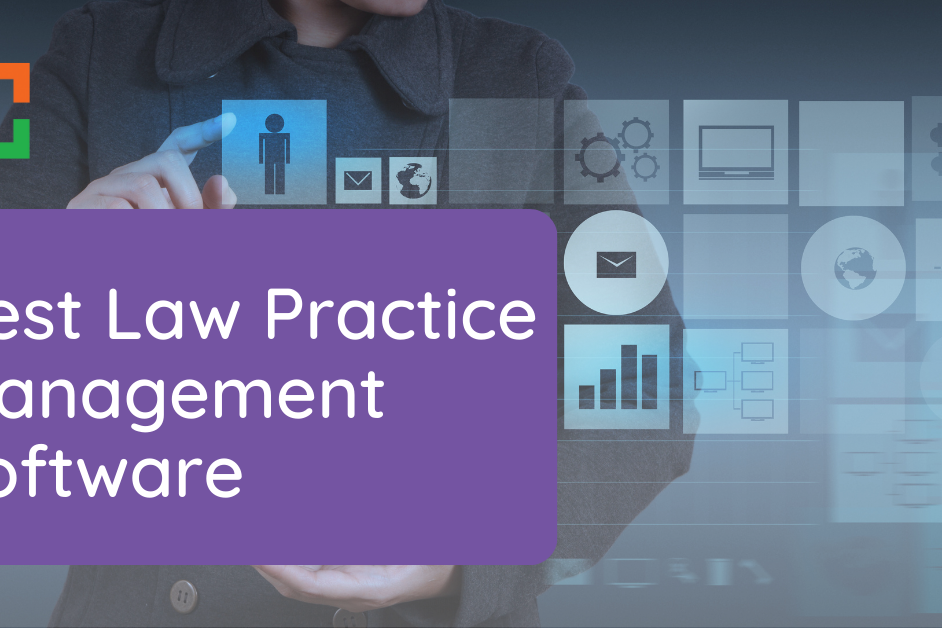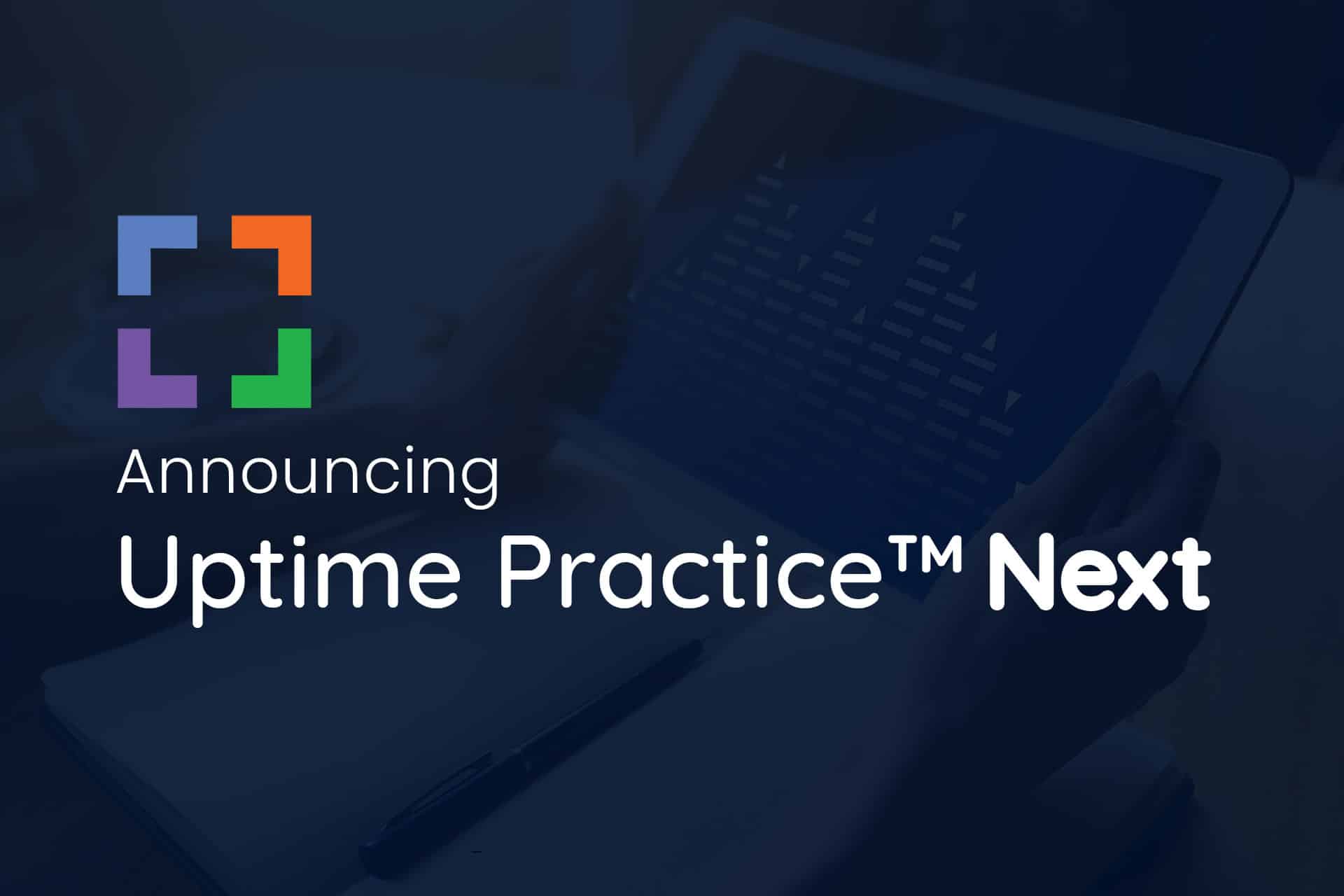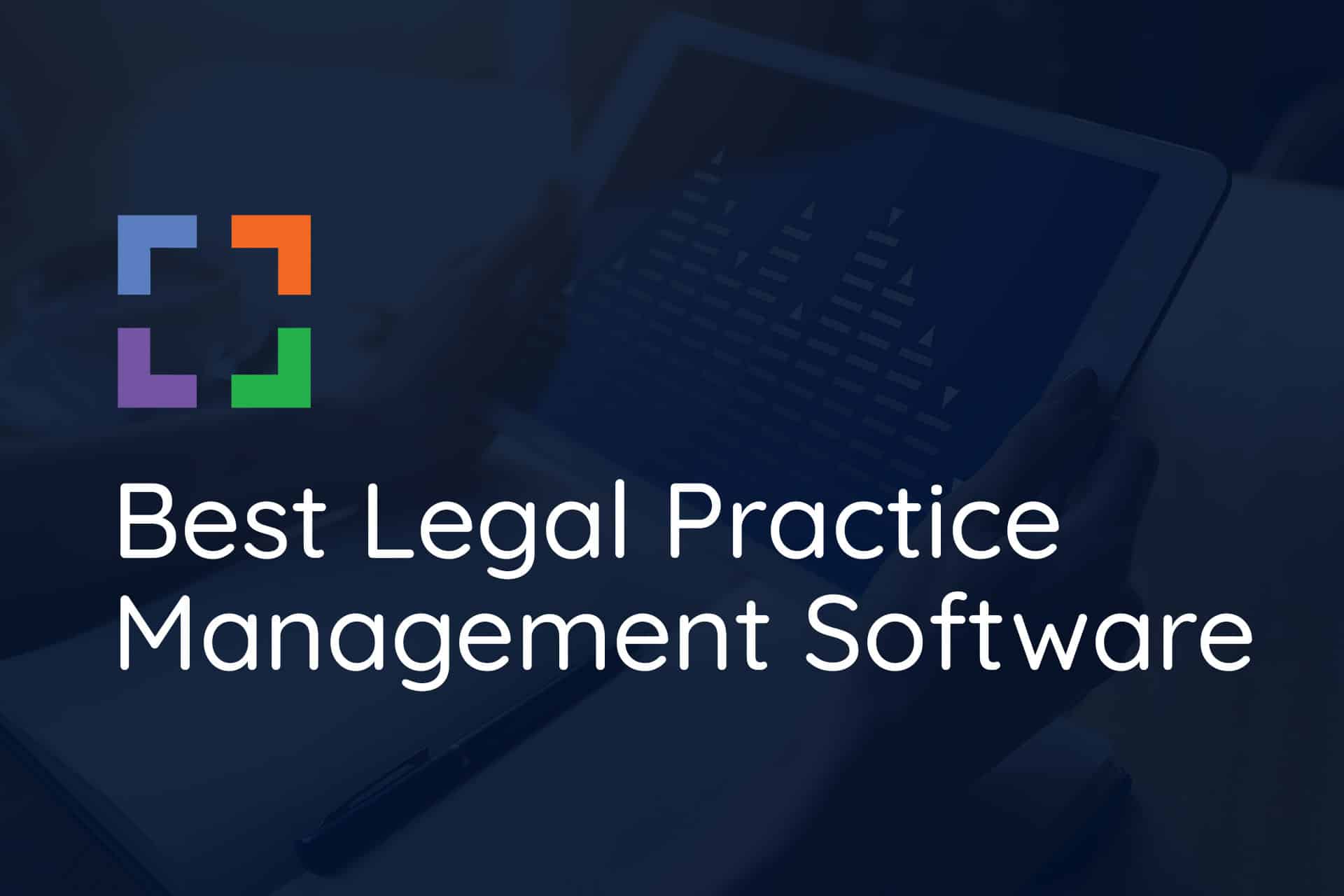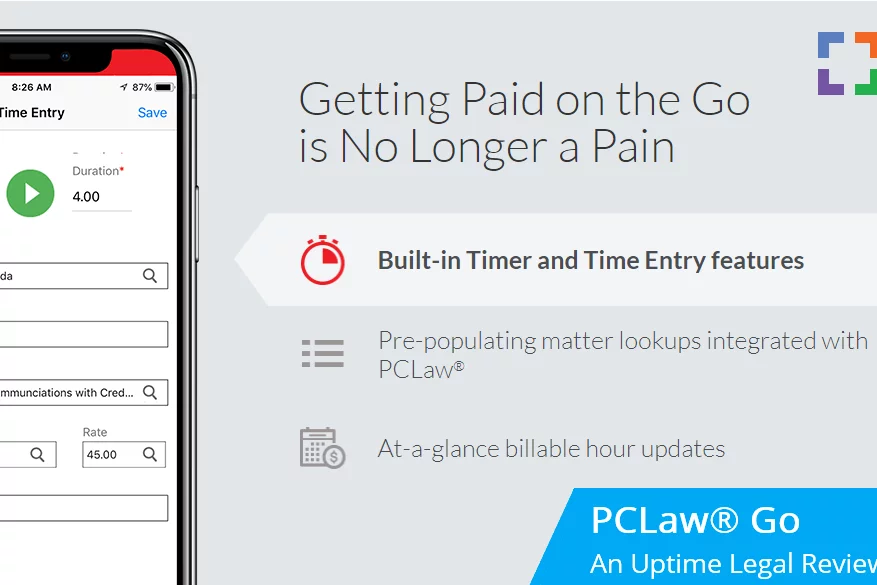As of 2021, the legal industry is worth $750 billion, with projections showing an increase to over $900 billion by 2025.
If you want a slice of the pie, you need to invest in marketing.
To get you started, here are three law firm marketing tips that’ll set you on the path to success.
How marketing can benefit your law firm
A whopping 46% of law firms have no marketing budget, while 13% don’t do any marketing at all.
With most law firms being spread thin, many are forced to be reactive rather than proactive in their marketing.
And if you want to scale, this is the wrong approach. Marketing to just anyone is inefficient. Instead, you want to direct your efforts toward attracting high-quality leads that embody your customer persona.

With a customer persona, all your efforts in acquiring and retaining new clients can be highly targeted to the client’s needs. This leads to happier clients, better reviews for your law firm, and more referrals.
Your persona is the first step in creating a detailed law firm marketing strategy that will help you target the right audience, generate new leads, and ultimately convert new clients.
3 tips to master your law firm marketing
Here are three tips that will set your law firm up for success.
1. Create a well-designed law firm website
As the industry catches up with technology, it’s no longer enough to have any old website. You want to make a good first impression, and having a well-designed website (that looks better than the rest) is the way to do that.
A lot goes into making one of the best law firm websites, but there are a couple of easy ways to get your website to stand out.
First, make sure you use only high-quality photographs and graphics.
Second, ensure your website is easy to navigate and includes all of the information someone might be looking for. That includes a contact page, about page, the services you provide, a FAQ, and a testimonials page.

You can take it a step further and begin writing compelling copy, including blog posts and case studies, that provide value to prospective clients. Think about what your clients might be asking and write articles to address that.
For example, if you’re a criminal defence law firm, your clients may be Googling, “I’ve received a call from the police. Should I speak to them?”
(Remember that customer persona? It can help you plan out your blog content.)
Of course, there’s a lot more that goes into creating an attractive website design.
Whether you’re hiring someone in-house or outsourcing your website design, having an idea of what you want will ensure your website performs well and converts leads.
2. Make sure your site is search engine optimized
You can spend thousands of dollars on a professional website, but if it isn’t search engine optimized, no one’s going to see it.
In case you aren’t familiar with SEO, it’s defined as:
Search engine optimization (SEO) is the process of improving the quality and quantity of website traffic to a website or a web page from search engines.
It’s impossible to tell you all you need to know about SEO in this article, but here’s a breakdown.
To get to the top of Google, your website needs to follow Google’s SEO Guidelines. It goes over some basic (and not so basic) rules that will help you get the most of your law firm’s website.
If you’ve followed tip #1 and have a professional website, you’re already ahead of the game.
Focus on writing killer copy for your homepage (and your entire website) that hits all of the keywords you want to rank for.
And to improve your local SEO rankings, make sure you set up a Google My Business profile, like Oykhman Criminal Defence Lawyers in Edmonton. Make it as clear and concise as possible, detailing your services and your contact information.
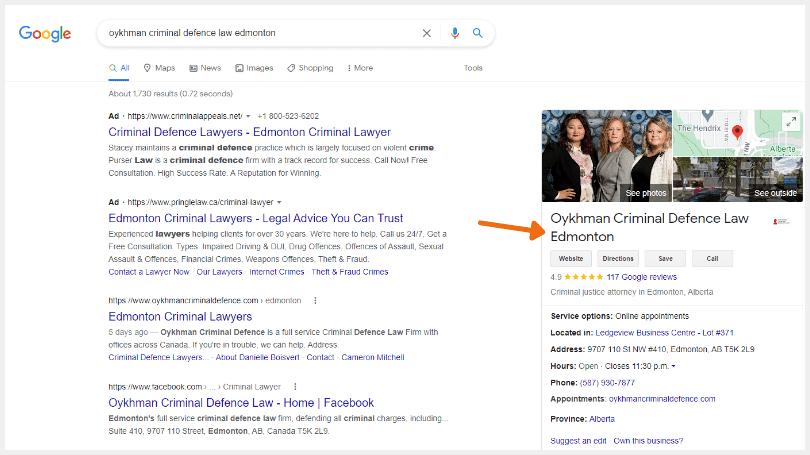
If you want to learn more, you can check out our deep-dive into law firm SEO.
3. Consider content marketing
Remember when we mentioned blogging? Well, it’s a part of content marketing and is a great way to show off your authority and legal expertise.
Use your blog to answer questions your prospective clients are asking. Writing authoritative content is how you build trust in a highly competitive industry.
Another part of blogging is writing for Google.
Keyword research lets you identify search queries that your clients are typing into Google. You can use tools like Ubersuggest and Semrush to find keywords to use in your content.
For example, you could find out that the long-tail keyphrase “how do I get out of a parking ticket?” gets a lot of volume. Writing a compelling and optimized piece answering that question (or even putting it in a FAQ) can help you attract new leads.
To start, you might want to identify evergreen content that’s related to your area of expertise. That is, content that will forever be relevant.
As long as you’re providing high-quality content, Google will reward you.
Get more clients with law firm marketing
While marketing your law firm can feel like an impossible task, breaking it down into manageable steps will help.
We’ve introduced a couple of tips to help you get started, but there’s so much more to it.
Whether you become a marketing expert yourself or decide to reach out to professional help, know it’ll pay off in the long run.
Dennis Dimka
As the founder and CEO of Uptime Legal Systems, I've had the privilege of guiding our company to become a leading provider of technology services for law firms.
Our growth, both organic and through strategic acquisitions, has enabled us to offer a diverse range of services, tailored to the evolving needs of the legal industry.
Being recognized as an Ernst & Young Entrepreneur of the Year Finalist and seeing Uptime Legal ranked among the Inc. 5000 list of fastest-growing private companies in America for eight consecutive years are testaments to our team's dedication.
At Uptime Legal, we strive to continuously innovate and adapt in the rapidly evolving legal tech landscape, ensuring that law firms have access to the most advanced and reliable technology solutions.
Related Posts
April 24, 2024
Comparing Types of IT Providers for Law Firms
April 1, 2024
The Financial Case for Cloud for Law Firms
March 13, 2024
Law Firm Collaboration Software
March 8, 2024
25 Things To Ask Your Legal Private Cloud Provider
March 5, 2024
How to Use ProLaw in the Cloud in 2024
February 28, 2024
Law Firm Disaster Recovery and Business Continuity Planning
February 22, 2024
ZenCase Review
February 22, 2024
Types of IT Services for Law Firms
February 8, 2024
Legal Data Management & Storage Solutions for Law Firms
February 1, 2024
How to Choose the Right IT Provider – A Guide for Law Firms
January 26, 2024
IT Services for Law Firms
January 9, 2024
VoIP for Law Firms
January 8, 2024
How to Use Orion Legal Software in the Cloud in 2024
January 8, 2024
How to Use Time Matters in the Cloud in 2024
January 8, 2024
How to Use Juris in the Cloud in 2024
January 8, 2024
How to Use Tabs3 in the Cloud in 2024
January 8, 2024
How to Use TrialWorks in the Cloud
January 8, 2024
How to Use PCLaw in the Cloud in 2024
January 8, 2024
How to Use Timeslips & QuickBooks in the Cloud in 2024
December 15, 2023
ProLaw: Complete Review, Features, Pricing
December 15, 2023
Juris: Complete Review, Features, Pricing
December 15, 2023
PCLaw: Complete Review, Features, Pricing
December 15, 2023
7 Reasons Your Law Firm Should Consider Clio Manage
December 15, 2023
How to Use Worldox in the Cloud in 2023
December 15, 2023
7 Reasons Your Law Firm Should Consider Tabs3
December 15, 2023
7 Reasons Your Law Firm Should Consider LEAP Legal Software
December 15, 2023
LEAP: Complete Review, Features, Pricing
December 15, 2023
Tabs3 & PracticeMaster: Complete Review, Features, Pricing
December 15, 2023
QuickBooks for Law Firms: Complete Review, Features, Pricing
December 15, 2023
ProLaw Workspace – Review & Guide for Law Firms
December 15, 2023
Time Matters: Complete Review, Features, Pricing
December 15, 2023
TrialWorks – An Uptime Legal Review
December 15, 2023
Cybersecurity for Law Firms
December 8, 2023
Managed Cloud Services for Law firms
November 15, 2023
Outsourced IT for Law Firms
November 9, 2023
Managed IT Services for Law Firms
November 1, 2023
Clio Review: Details, Features, Pricing
October 24, 2023
AWS for Law Firms: A Complete 101
October 11, 2023
IT Support for Law Firms
October 4, 2023
Azure for Law Firms: A Complete 101
September 28, 2023
Best Law Practice Management Software (2024)
September 5, 2023
Juris Support – How to Get Help for Juris
August 30, 2023
Tabs3 Support – How to Get Help for Tabs3
August 30, 2023
Microsoft Teams for Law Firms
August 23, 2023
ProLaw Support – How to Get Help for ProLaw
July 24, 2023
PCLaw Support – How to Get Help for PCLaw
July 20, 2023
Private Cloud 101 for Law Firms
March 24, 2023
Best Law Firm Payment Processing Solutions
March 8, 2023
What is Legal Document Management?
March 2, 2023
Introducing Uptime Practice Go
December 22, 2022
Interpreting the 2022 Legal Trends Report
December 8, 2021
Key Trends from the 2021 Legal Trends Report
September 13, 2021
Announcing Uptime Practice Next
February 24, 2021
Uptime Legal Joins the Thomson Reuters Marketplace
November 18, 2019
Best Legal Practice Management Software for 2021
September 16, 2019
The Financial Case for Cloud for Law Firms
June 17, 2019
Law Firm IT – What Are Your Options?
June 10, 2019
5 Things to Require of Your Law Firm IT Provider
January 28, 2019
PCLaw® Go – An Uptime Legal Review
January 7, 2019
Time Matters® Go – An Uptime Legal Review
December 4, 2018
Aderant Review – by Uptime Legal
June 29, 2018
Managing Law Firm IT Support
October 24, 2017

